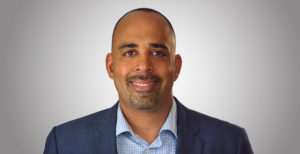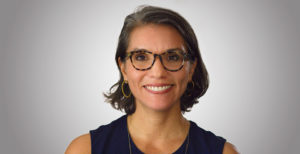Project Overview
Coral reefs are in crisis: by 2030, according to the World Resources Institute, more than 90% of global reefs will be threatened by human activities and climate change. Those reefs in turn sustain ecosystems, protect shorelines, attract tourists, and boost fisheries—generating $30 billion annually. Setting out to tackle this daunting challenge, Coral Vita founders Gator Halpern and Sam Teicher found that the admirable work of not-for-profit coral regeneration efforts tended to have limited impacts when living from grant to grant. “It’s impossible for NGOs and research institutes alone to scale up and solve this global issue,” Halpern explained. Instead, tapping capital from resort developers, coastal insurers, international development agencies, and others, Coral Vita seeks to leverage for-profit tools to restore coral reefs. Using processes developed by project advisors, the team envisions a network of land-based coral farms that will accelerate the planting of slow-growing coral that serve as the foundation for reef development, while training coral to withstand warmer ocean conditions to buffer against climate change. In the process, Coral Vita will forge long-term relationships with communities—hiring local reef scientists, or training fishermen to be part of dive teams—to support those whose lives most urgently depend on rebounding reef health.
Five Questions
Learn more about this project
Meet our other 2017 awardees

Western North Carolina
Connecting cultural heritage, youth retention, and economic revival, The Industrial Commons helps small to mid-size manufacturers convert to worker-ownership.

Washington, D.C.
Rising Tides brings expertise on climate adaptation and cultural heritage directly to vulnerable communities to save America’s histories, traditions, and cultures.

California
Seeking to reimagine the legal profession, Esq. Apprentice creates a no-cost pipeline for low-income youth of color to become fully licensed attorneys.

Neighborhood Opportunity and Accountability Board (NOAB)
California
A neighborhood-led model for youth justice seeks to re-route resources spent on locking youth up, and instead invest in young people and their communities.

Swapna Reddy &Elizabeth Willis
Asylum Seeker Advocacy Project (ASAP)
New York
ASAP offers a model for “lawyering in a crisis” by crowdsourcing short-term volunteers to provide rapid legal services to asylum-seeking families.

California
Through the nation’s first farm labor trust, immigrant farmworkers are reaping the benefits of worker-ownership while strengthening America’s food economy.

Texas
Jolt is pioneering a Latino youth-led movement across Texas to fight for stronger immigrant protections and rewrite the immigration narrative.

Ho‘oulu Pacific
Hawaii
Ho‘oulu Pacific’s win-win model of “distributed agriculture” provides income for household farmers and healthy, affordable food for Hawaiians.

 Learn More
Learn More